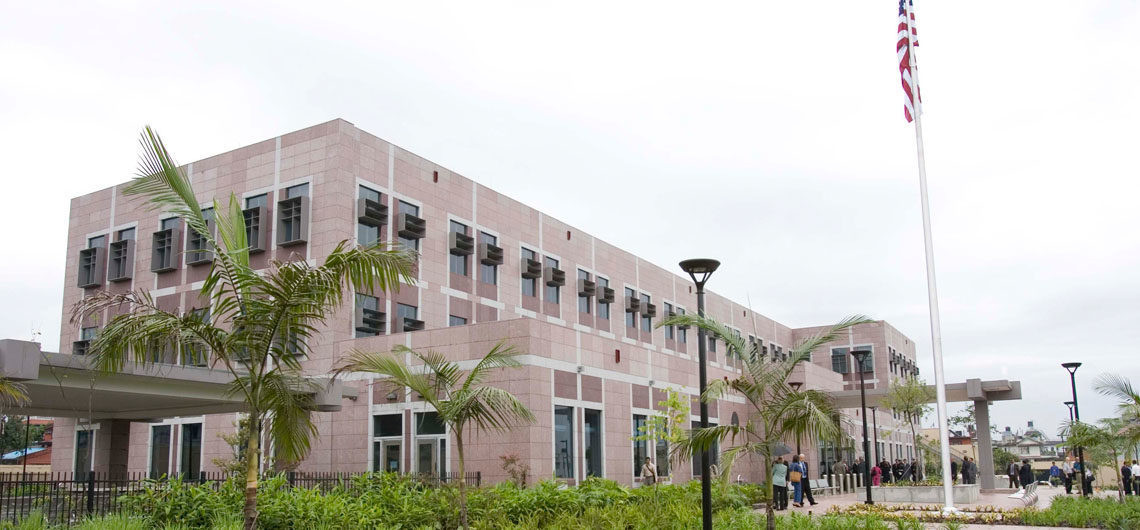America has said that ratification of the Millennium Challenge Corporation (MCC) Compact by the House on Sunday will bring more jobs for the Nepali people, a reliable supply of electricity, and lower transportation costs.
Issuing a statement after the ratification Sunday night the American Embassy in Nepal claimed that MCC compacts have helped alleviate poverty around the world by forming partnerships with developing countries who are committed to economic freedom, investing in their citizens, and good governance, including promoting democratic principles and combatting corruption in the nearly 20 years since its inception.
"The Government of Nepal signed the MCC agreement in 2017 after determining its goals to modernize Nepal’s energy and transportation sectors with the hope of helping more than 23 million Nepalis. The Nepali government will now be able to continue to work toward implementing the five-year program," the statement reads.
Having been accused by China of coercive diplomacy for ratification America has also pointed that the decision about whether to ratify the $500 million-dollar MCC Compact has always rested with the Government of Nepal as a sovereign democratic nation.
The MCC Compact was ratified by the House along with the interpretative declaration Sunday night.
Speaker Agni Sapkota announced the MCC Compact ratified on the basis of voice vote stating that the number of lawmakers saying yes for ratification of the MCC Compact was greater than those saying no.
Finance Minister Janardan Sharma presented the MCC Compact for ratification after answering the questions raised by lawmakers about the interpretative declaration on the MCC Compact.
The interpretative declaration that the Cabinet decided to attach on the MCC Compact includes 12 points including one declaring that the Constitution of Nepal would prevail over the Compact and other associated agreements.

